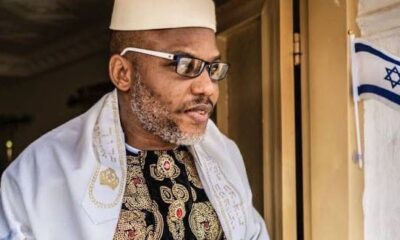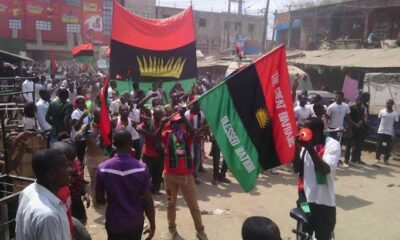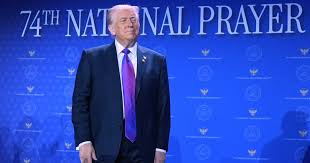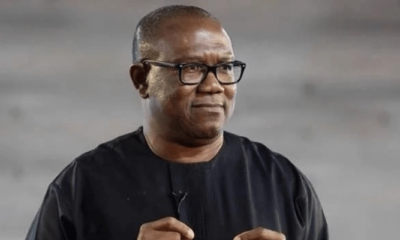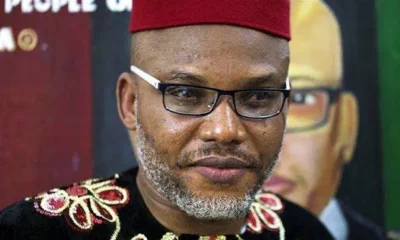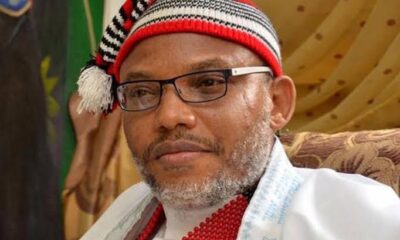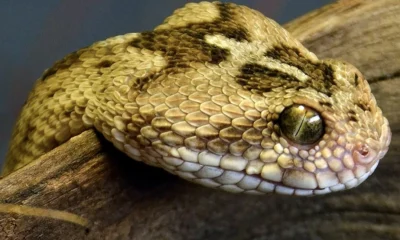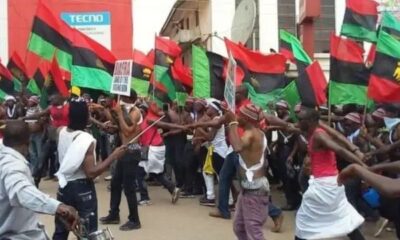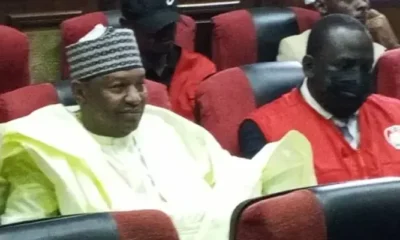Politics
Calm Returns to Anambra as INEC Completes Final Preparations for Governorship Election
After days of tense political campaigns and security concerns, a calm atmosphere has returned to Anambra State as residents gear up to elect their next governor on Saturday, November 8.
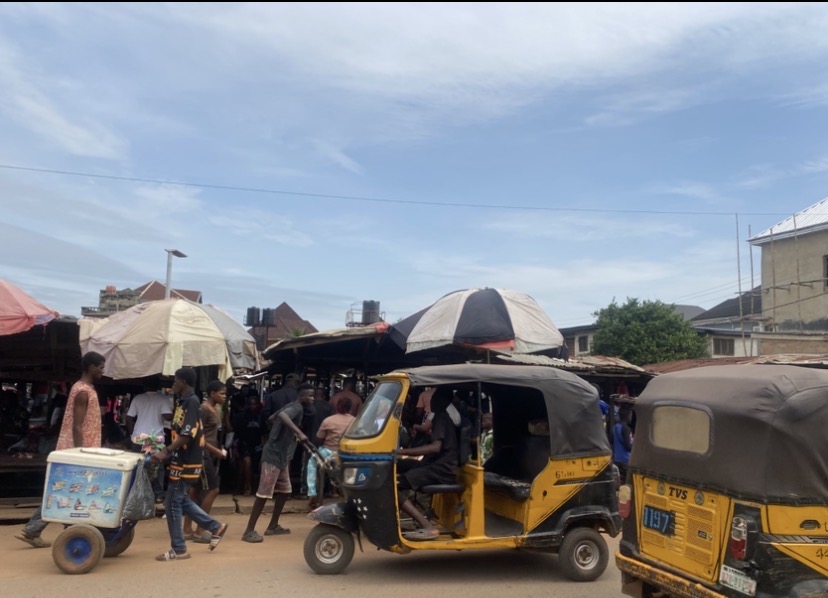
- After days of tense political campaigns and security concerns, a calm atmosphere has returned to Anambra State as residents gear up to elect their next governor on Saturday, November 8.
After several days of heightened political campaigns and anxiety, a sense of calm has returned to Anambra State as residents prepare to vote in the highly anticipated governorship election scheduled for Saturday, November 8.
The Independent National Electoral Commission (INEC) on Thursday, November 7, completed the distribution of sensitive election materials across the 21 local government areas of the state, marking the final phase of election preparations.
The materials — including ballot papers and result sheets — were moved from the Central Bank of Nigeria (CBN) branch in Awka under tight security. Personnel from the Nigeria Police Force, Nigerian Army, and Nigeria Security and Civil Defence Corps (NSCDC) provided armed escort throughout the process.

INEC confirmed that 16 candidates representing various political parties will contest the election. The list includes incumbent governor Charles Soludo of the All Progressives Grand Alliance (APGA); Ukachukwu Nicholas of the All Progressives Congress (APC); Ezenwafor Jude of the Peoples Democratic Party (PDP); Moghalu Nnadubem of the Labour Party (LP); and Geoffrey Onyejegbu of the New Nigeria Peoples Party (NNPP).
Notably, 10 of the 16 candidates are from the Anambra South Senatorial District, which is expected to draw the biggest political attention during the poll.
Since the creation of Anambra in 1976, the All Progressives Grand Alliance (APGA) has remained the state’s most dominant political force, producing the only two governors to complete two full terms — Peter Obi (2006–2014) and Willie Obiano (2014–2022).
The PDP and APC have alternated between second and third positions in previous elections, while smaller parties like the Labour Party (LP), United Progressive Party (UPP), and Young Progressives Party (YPP) have struggled to gain traction.
INEC’s updated figures show that 2,802,790 voters are registered to participate, while 1,790,982 Permanent Voter Cards (PVCs) have been collected ahead of Saturday’s election.
Voting will take place across 5,718 polling units and 326 wards, after the electoral body confirmed that two polling units have no registered voters.

Despite the restored calm, concerns over security and voter turnout linger, as law enforcement agencies maintain visible presence in major towns and flashpoints to ensure a peaceful and credible process.



